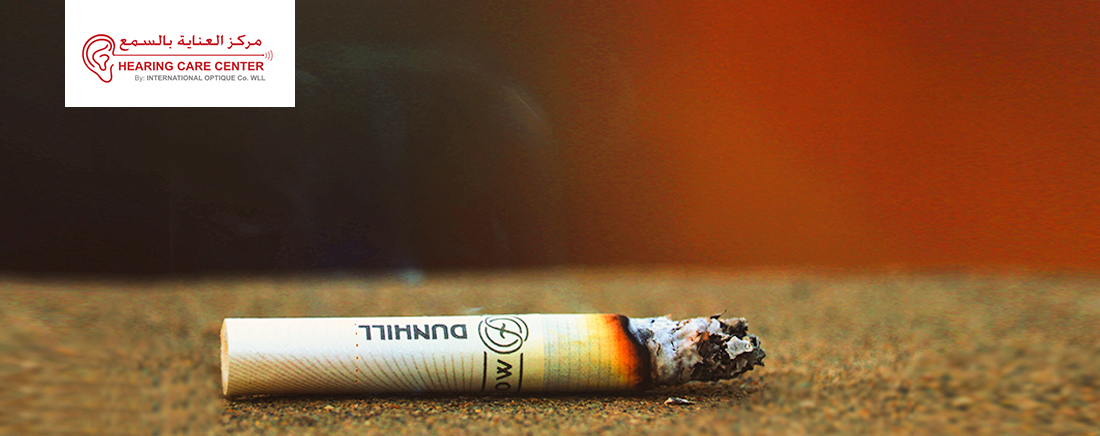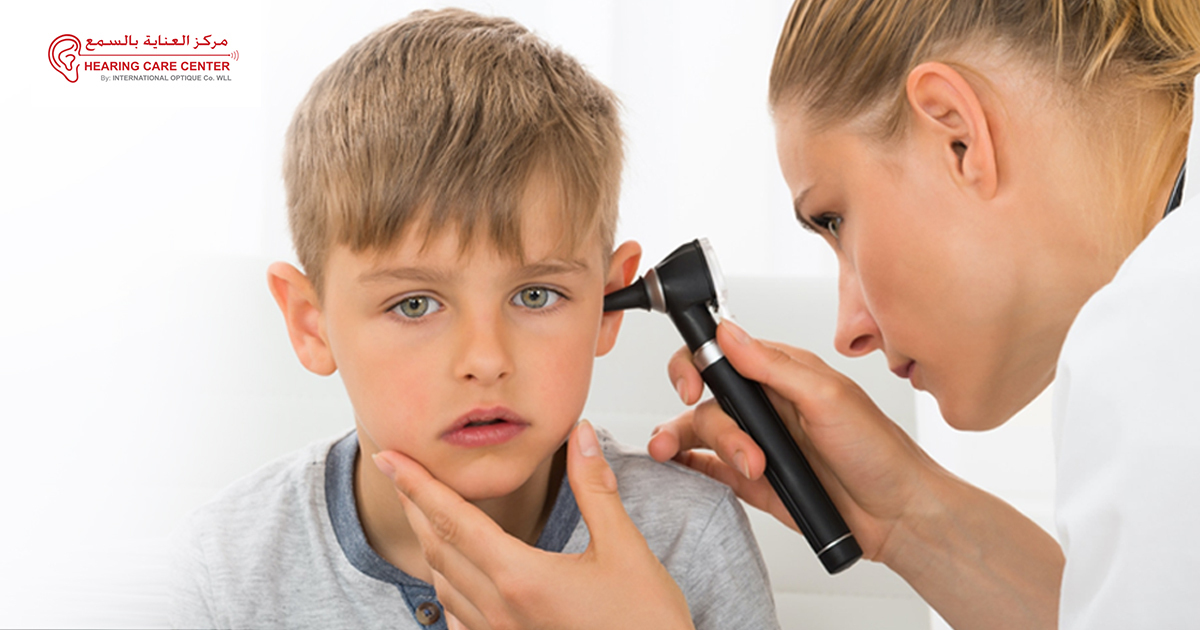Does Smoking Lead To Hearing Loss?
Smoking has numerous side effects, most common among which are low blood oxygen level, heart failure, and breathing problems. But does smoking have any negative impact on our hearing? The devastating fact is that, yes, smoking does cause issues in proper hearing and it can affect you even if the smoking is passive or secondhand. People who smoke have more chances of developing high-intensity hearing loss than people who don’t. If your ear feels clogged after smoking. Maybe it’s because smoking is indeed impacting your hearing ability. Some of the most irritating hearing issues, such as tinnitus, can also be seen in frequent smokers. Now that we have established the fact that smoking leads to hearing loss, let us see exactly how the two are linked:
- As one smokes, nicotine enters the bloodstream and the concentration of carbon monoxide also increases. Together, they result in a lower blood oxygen level which may lead to the poor performance of the neurotransmitters in the auditory nerve. This leads to the failure of our brain to differentiate one sound from the other.
- The Eustachian tube is one of the most important parts of our ear which maintains the pressure in the ears. It runs from the middle ear to the back of the throat and also helps in draining the mucous of the middle ear. Smoking causes blockage of the eustachian tube which leads to disruption in pressure, causing hearing problems.
- Smoking induces the release of free radicals into our bodies, which causes serious damage to the DNA in some cases. This can lead to various diseases, one among them being hearing loss.
- Even during the later years of our adolescence, the part responsible for the development of our hearing ability in the central nervous system is still developing. Because of this reason, subjecting the nervous system to smoke can cause inhibition in the development, causing hearing problems such as being more sensitive to loud noises.
People who smoke are more susceptible to ear infections as well. Smoking weakens our immune system, which makes it easier for outside bacteria and viruses to attack our ears, leading to serious ear infections. You are also susceptible to tinnitus and other serious hearing-related diseases, so if you are looking for a reason to quit smoking, then let this be it. Your blood oxygen level and circulation are said to improve soon after you quit and even your nerve endings will begin to regenerate. If you face any hearing-related issues, make sure to give an audiologist a visit.


